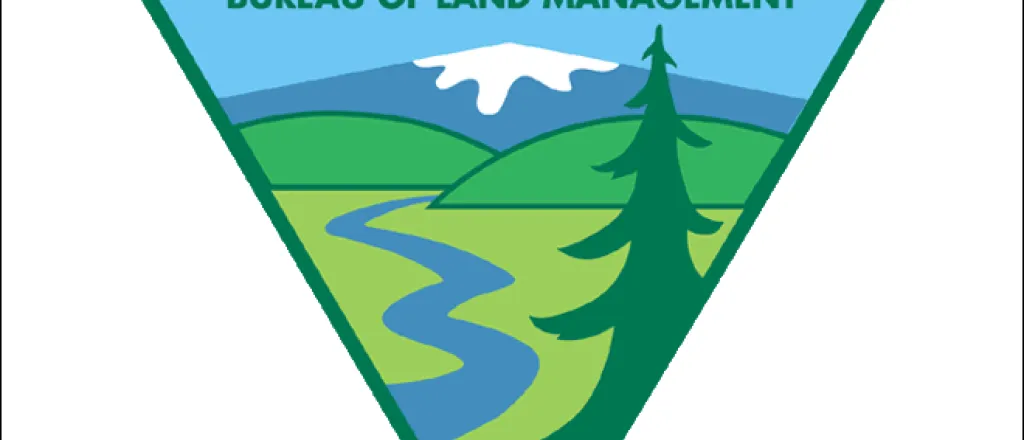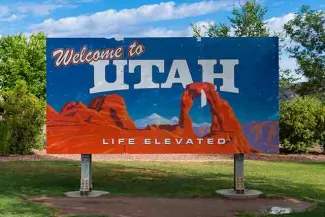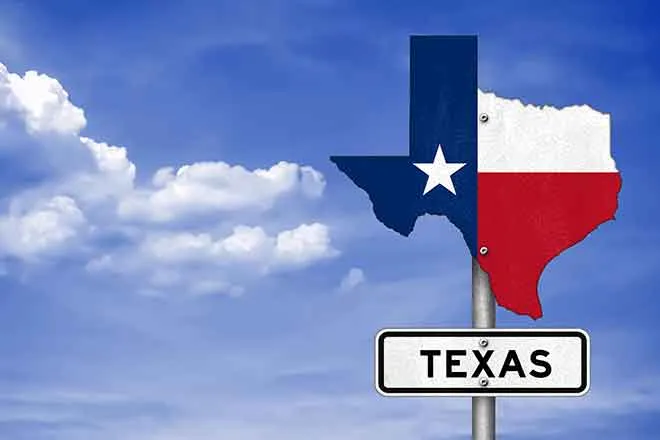
Utah opposes BLM's new Public Lands Rule
Click play to listen to this article.
(Utah News Connection) The Bureau of Land Management recently released its final Public Lands Rule, which is set to put conservation on equal footing with other multiple uses taking place on public lands.
The state of Utah has come out in opposition, pointing to the impact it could have on the almost 23 million acres of BLM land in Utah.

© iStock - gnagel
Redge Johnson, director of the Utah Public Lands Policy Coordinating Office, said the state supports conservation efforts but called the rule a "solution looking for a problem."
"What we have already put into conservation designations and then what you have for the acts that promote the conservation of the lands, why do you need to level that playing field?" Johnson questioned. "The playing field has more than leveled over the past 40, 50 years with the passage of all these acts."
Johnson contended Utah's lands and wildlife will suffer as a result of the rule and added it'll make mining critical metals used for batteries even more difficult. He and others, like Governor Spencer Cox, called on the BLM to immediately withdraw the rule and work with stakeholders on more practical solutions.
Conservationists see the rule as a big win for restoring and sustaining public lands for future generations.
Johnson described Utah's public lands a "fire dependent ecosystem," adding fuel loads have accumulated drastically due to over a century's worth of fire suppression. He argued the rule will make executing and continuing vegetation management projects more difficult, including reducing the threats posed by fuel loads.
"One of the biggest contributors we have to carbon dioxide right now are wildfires, at least in the West," Johnson asserted. "Transportation, all the others, yes absolutely. But wildfires are a huge contributing factor to that. One of the best things we could do is reduce the fuel loads on some of these areas to reduce the fire risk and this rule puts that at risk."
The rule also creates the frameworks for "restoration and mitigation leases," which will allow groups to restore public lands or to offset the effects of a particular use. Johnson argued the leases will leave too many loopholes but the BLM said they will not "disturb existing authorizations."















